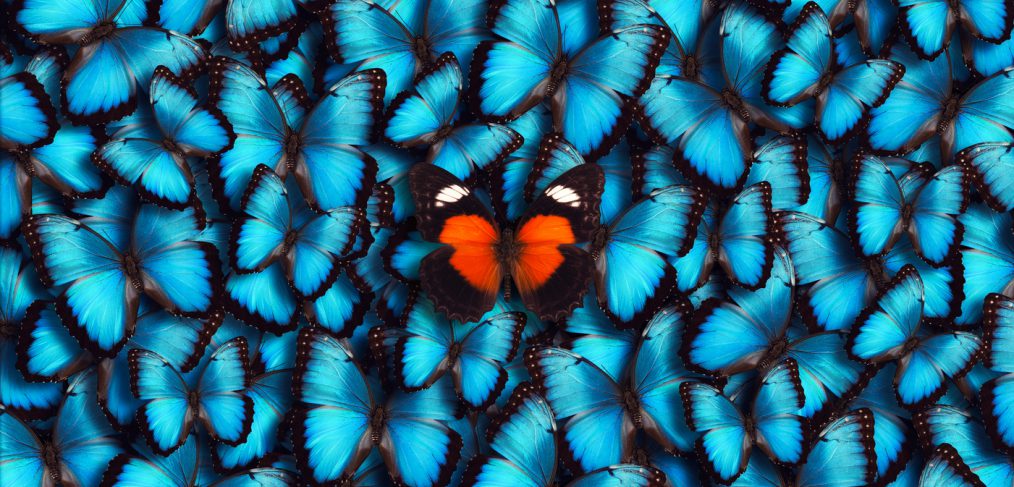I’ve given notice at my job, but I have to be honest—moving on scares me. When I find circumstances or people that feel special to me, I feel like I want to hold onto that forever. Part of me thinks that if I have something good, I shouldn’t make any changes in my life. But there comes a time when I feel I have given all the energy I’m able to give and have explored everything I’m able to explore and need some new or different challenges. That involves coming to terms with the fact that I won’t be an expert in the next thing I try. I won’t have a day-to-day presence in the lives of the people I’ve worked with for many years.
This is all true, but I’ll also have the opportunity to become an expert at something else and become part of other people’s lives, even if I become a memory to the people in my life right now. We all experience changes in our lives—big changes and little changes. The effects of some of these are hard to anticipate and can be challenging to fully comprehend and assimilate.





